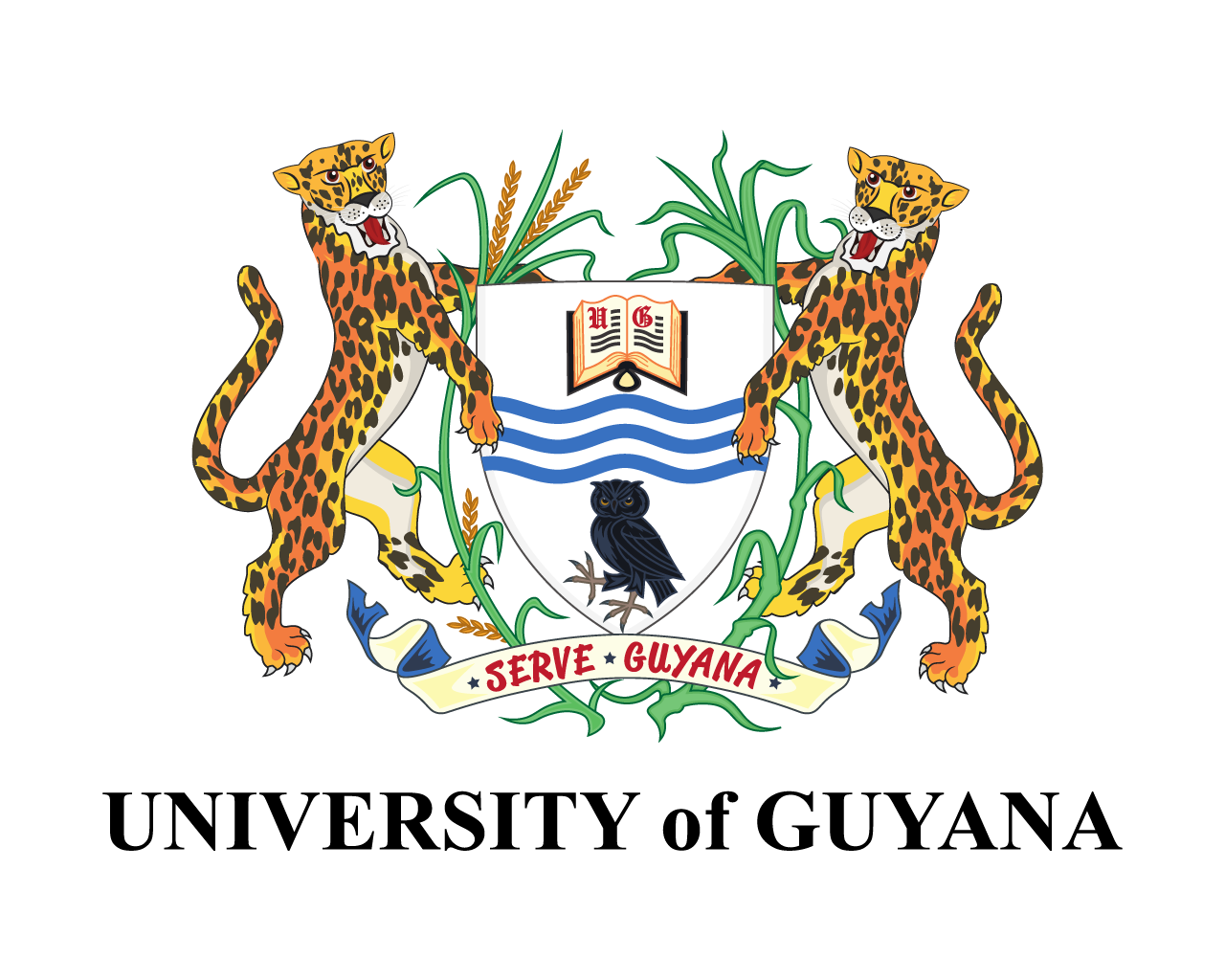
Political maturity, constitutional compliance more vital than their reforms
Monday, September 25, 2017 - 11:43While many feel that much of Guyana’s political issues will be solved with proper constitutional reform, former Attorney General, Anil Nandlall is saying no. While he admitted that Constitutional Reform is important, Nandlall thinks that the solution to the issue is more fundamental. Nandlall said that Guyana needs more matured politicians who are prepared to stay true to the existing Constitution. The politician made his views known as he delivered remarks at the Turkeyen and Tain Talks 9, sponsored by the University of Guyana. The event was hosted at the Pegasus Hotel on Thursday evening under the theme “Constitutional Reform- To Court Brave Change or To Leave Well Enough Alone?”
At that forum, Nandlall was keen to note that his position as reflected in his opinions is not synonymous to the position held by the People’s Progressive Party of which he is an Executive Member.
Nandlall told those who gathered that the international community seems hell bent on Constitutional Reform. He noted, “The Carter Centre desires to see constitutional reform. The British High Commissioner has expressed his government’s disappointment at the slow movement towards constitutional reform. A team visiting recently from the United Nations, advocated for constitutional reform. Constitutional reform was a major plank of the APNU+AFC’s manifesto, at the 2015 General and Regional Elections.”
Nandlall said that academics and jurists alike have often described constitutions like ours, as organic and alive. He said that he subscribes to this view. “Therefore, like any other law, nay, more than any other law, our constitution must necessarily remain dynamic and under constant review with a view of reform, so that it can adapt to meet the exigencies of a changing and evolving society.” Therefore, said Nandlall, the nature and magnitude of constitutional reform must be driven and determined by the society itself, in which the constitution operates. That view is also held by the British as expressed recently by its High Commissioner, Greg Quinn.
However, Nandlall said that while Constitutional reform is important, it is not the prognosis to the many political and social ills diagnosed in Guyana. Nandlall said that the last major set of constitutional reforms occurred in Guyana in 2001, where about 200 fundamental changes were made to the then constitution. Nandlall asked, “Has our society evolved so drastically, over the ensuing 17 years, to precipitate the monumental constitutional reforms which are now being contemplated? I do not see cogent and compelling reasons being advanced for constitutional reform. Neither do I see, efficacious proposals of the reform themselves. In my view, only when these two sets of information become available for scrutiny, that one can make an informed decision on the matter. Therefore, I have questions.”
He continued, “Are we being pushed to constitutional reform because of foreign influence? Have we convinced ourselves that our constitution and the breadth of its provisions do not meet the needs of the people of Guyana and are therefore, ineffective and unworkable?”
Nandlall said that when public officials comply with constitutional measures and prescriptions, there is no room for a challenge to their actions on the ground of a want of constitutionality. Problems however arise, he said, when public officials either deliberately, or out of ignorance, violate the provisions of the constitution. “It is in these circumstances that some are wont to say that provisions of our constitution are ineffective and unworkable. I, however, respectfully submit that deliberate violation of, or non-compliance with, the provisions of the constitution in governmental affairs by public functionaries do not equate to ineffectiveness or unworkability of the scheme of our constitution, justifying an ill- considered rush to constitutional reform,” said Nandlall.
As a case in point, Nandlall noted the fact that the constitution insulates the Service Commissions from any direction or influence from any other body or authority. He said however, it is now public knowledge that in two successive years, two different Ministers of Government, wrote to two different service commissions, purporting to issue directions to them from the President, not to proceed with the discharge of their constitutional duties- a clear violation of the Constitution. “Does this render the constitution ineffective and unworkable, to justify its reform? I think not. And on this particular issue, what are we reforming the constitution to achieve? Would it be to remove the protective insulation with which these Commissions are clothe, so that they can actually be directed and influenced by extraneous bodies and authorities? I hope not.”
Further, Nandlall said that he is not oblivious to the fact that one major component of the reforms which is being canvassed, seeks to constitutionalize an arrangement for executive power sharing between and among the major political parties of the country. He called this a “noble ideal” but questioned, “Do the level of maturity, trust and magnanimity, which are the prerequisites for such an arrangement to work, exist in our political environment?”
To highlight Guyana’s “reality” in this regard, Nandlall again turned to more examples. He said that there is no greater constitutional expression of political power sharing in the current constitutional matrix, than the appointment of the Chief Justice and Chancellor of the Judiciary and, the appointment of a Chairman of GECOM. He said that in respect of all these appointments, the Constitution mandates processes which require the input of both, the Leader of the Opposition and the President. The appointments require the agreement of the Leader of the Opposition, before the President can make a final decision.
Nandlall noted that since this provision was introduced into the Constitution in 2001, no appointment has ever been made. Successive Leaders of the Opposition withheld their agreement from the appointment of the incumbent holders of those Offices. Not a reason was ever given. Nandlall said that in relation of the appointment of a Chairman of GECOM, a list of six names must originate from the Opposition Leader to the President, for him to select one for appointment. “18 names have been submitted by the Leader of the Opposition over the last nine months. An appointment is still to be made. A hitherto seamless and straight-forward constitutional process has suddenly become complex, complicated and controversial. Simple and clear language of the Constitution has suddenly become obscure, ambiguous and unequivocal.” Nandlall said that with those considerations, it is clear to him that “the need for constitutional compliance trumps the need for fundamental constitutional reforms.”
Article adapted from: https://www.kaieteurnewsonline.com/2017/09/23/political-maturity-constitutional-compliance-more-vital-than-their-reforms/
